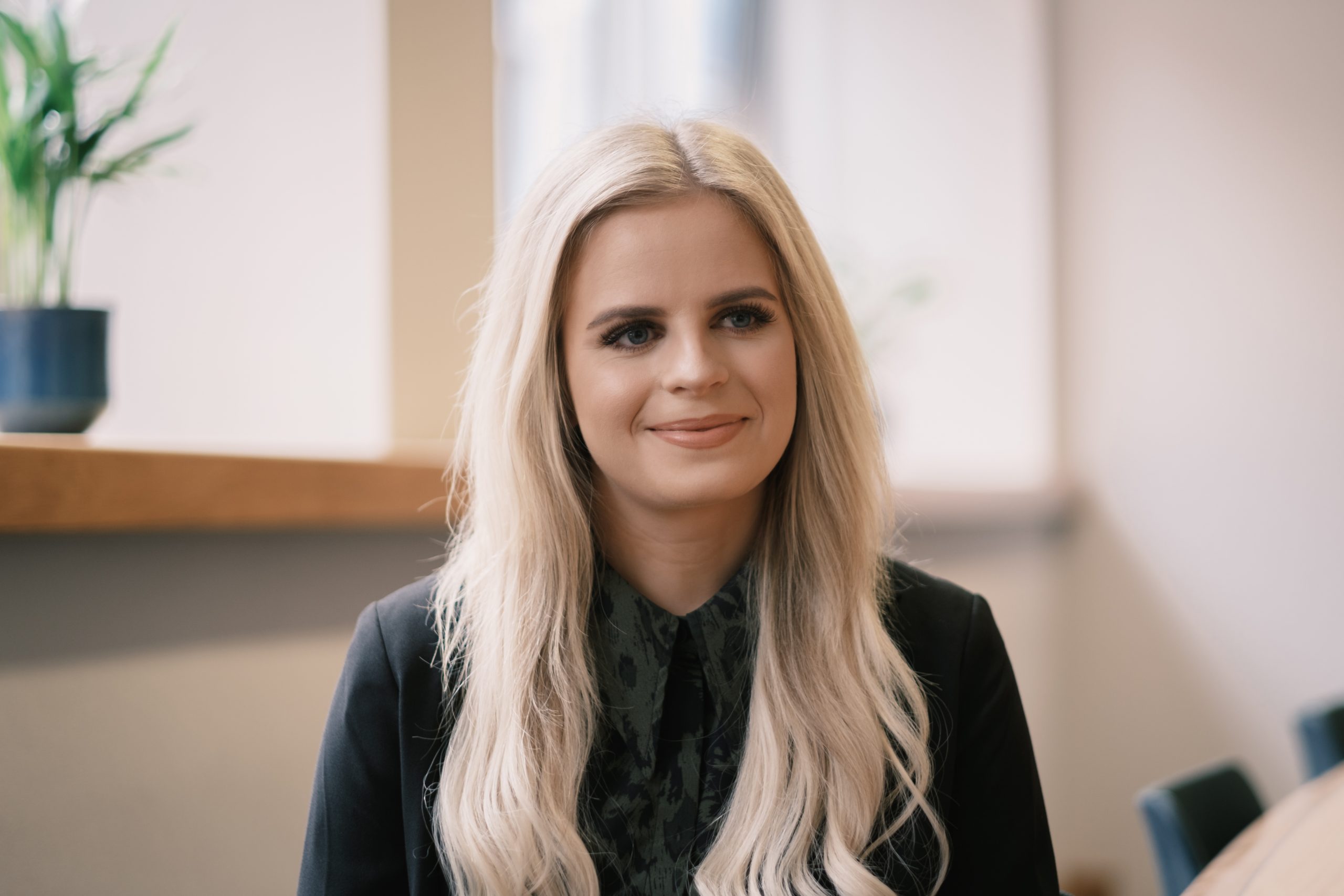The band Friendly Fires have condemned Boris Johnson for using their song “Blue Cassette” at the Conservative Party Conference without their permission. The band did not hesitate to make it known that they were unhappy with the song being used at the event and released a strongly worded statement to that effect.
A similar situation occurred in 2017 when the Conservative Party played Florence + the Machine’s cover of “You’ve Got the Love” at an event in Manchester. There are obvious copyright issues where artists’ original songs are played at public events without their permission, though whether a breach has in fact occurred will depend on the licensing arrangements in place.
Clients in the hospitality industry will be familiar with the requirements to allow the playing of music in their premises. Under the Copyright, Designs and Patents Act 1988, permission of the artist, as the copyright holder, is required to “perform” music in public. A concert or festival may spring to mind when we think of a public performance; however, it also includes playing live or recorded music through a radio, TV or computer speakers.
PPL PRS is the UK’s main music licensing company, providing licences to venues to enable them to play live or recorded music of artists covered by the scheme without infringing copyright. Venues requiring licences include but are not limited to pubs, bars, nightclubs, gyms, shops, offices, hairdressers, cinemas, churches and public transport.
The vast majority of recording artists are covered by the scheme, but if the music you want to play is not managed by PPL PRS then you may need a licence from another licensing body or even the artist themself.
Royalty free music involves another type of licence where users pay once for music and acquire lifetime usage of same. This is why royalty free music is used on platforms such as YouTube and Instagram.
Breach of copyright can be more difficult to establish in cases where an interpretation, version or arrangement of an original song has been used. This year’s John Lewis Christmas advertisement uses a piece of music which has been claimed to resemble a slow orchestral piano version of the 1980’s electro-pop song “Together in Electric Dreams” released last year for charity by The Portraits. They have claimed it uses many elements of their arrangement. John Lewis denies any breach of copyright.
If you would like advice on a particular copyright issue, please reach out to a member of our Intellectual Property team.
Editorial prepared by Kathryn McIvor, Solicitor, Litigation @ Mills Selig

Kathryn McIvor, Solicitor, Litigation
Kathryn McIvor is…
T: 028 9024 3878
E: Kathryn.McIvor@MillsSelig.com
W: https://bit.ly/MillsSelig-KathrynMcIvor
Having the right legal advice at the right time is crucial – our expert team offers clear, concise and problem solving legal advice.
For further information on Mills Selig’s expert legal services and how we can help your organisation, click: www.MillsSelig.com/Expertise
#YourLegalTeam #Understanding #Expertise #Experience


